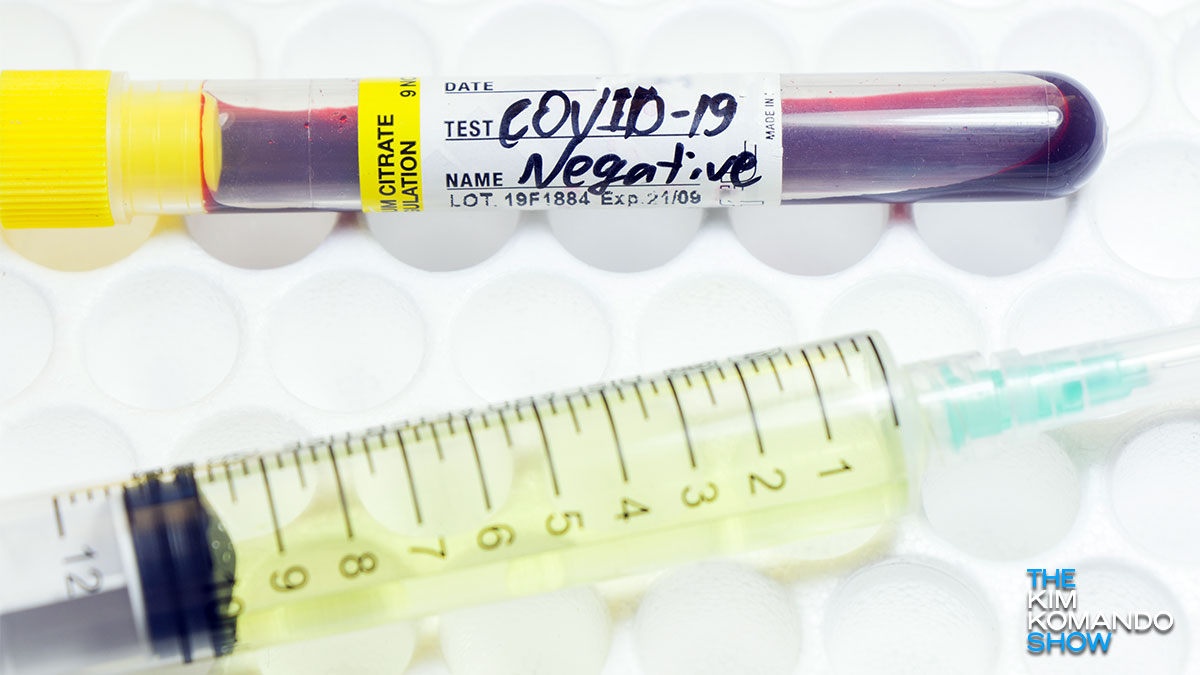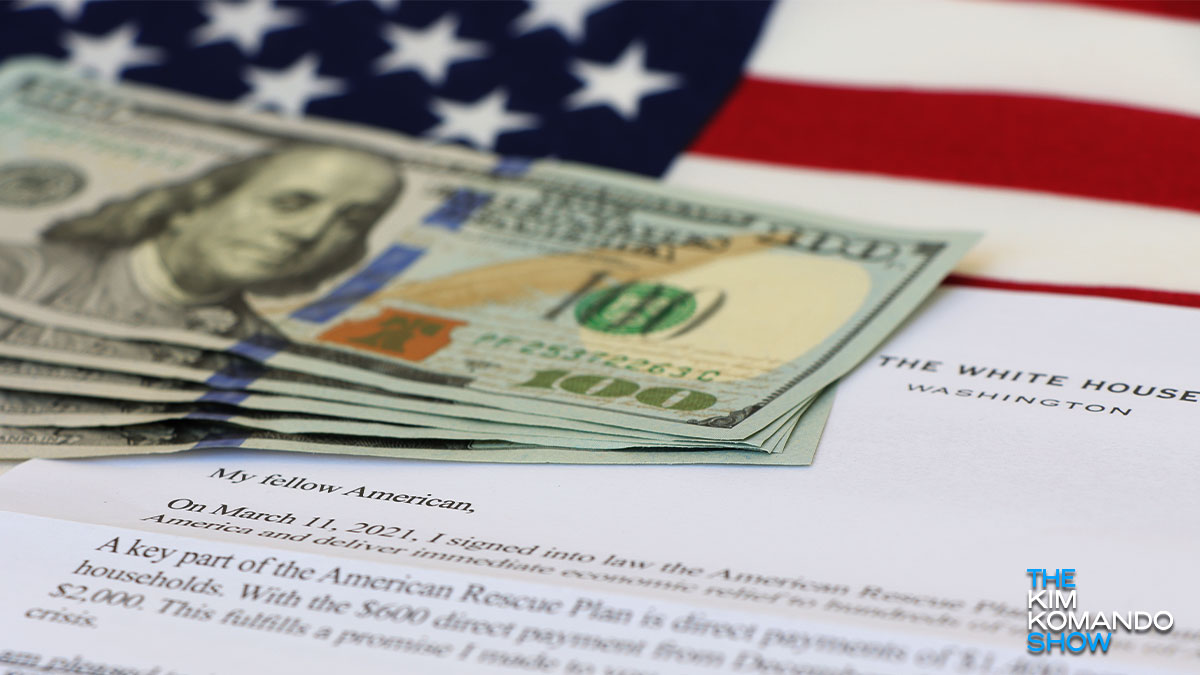Looking for free COVID tests? Don't do this

Life is almost back to normal after a rough couple of years dealing with a global pandemic. At-home COVID tests became a must-have item to navigate the crisis. While there are legit ways to get these tests for free, scammers are now cashing in with elaborate phishing schemes. Things are so bad that the Better Business Bureau is sounding the alarm.
Read on to learn how COVID test scams work and how to avoid being taken.
Fake at-home COVID scams have gone viral
The government started distributing free at-home COVID tests last year for anyone who ordered them. There were a few rounds of free tests available. The tests are free to order and ship, and you don’t need to enter any payment information on the site the government created. Tap or click here for more details.
But with millions of people wanting to get their hands on an at-home test, supplies were limited and sometimes hard to come by. Scammers saw this as an opportunity to make money. Now, they are using limited quantities of free tests as a ruse.
According to the Better Business Bureau (BBB), scammers might send you a text message, email, or even call you. They claim you are eligible for free at-home COVID-19 tests from your insurance or the government, but you must apply immediately as quantities are limited.
That’s where the scam kicks in. To get the free tests, you must supply your name, contact information, and insurance information, including copies of your insurance cards or Medicare number. They may also ask for your credit card number to cover a small delivery fee.
Warning! Don’t do it! If you agree, you’ll hand your sensitive personal information to scammers. Making matters worse, you will never receive the tests. They never existed.
How to avoid COVID-19 test scams
- Want a test? Get one through official sources. Speak with your local pharmacist about purchasing a test, or visit Covid.gov/tests to see if your household qualifies for free at-home tests from the government. The FDA also has a list of authorized at-home COVID-19 diagnostic tests you can review.
- Do your research. Scammers may pressure you to hand over personal information, claiming you’ll lose your chance to get free tests if you don’t act now. Don’t give in to high-pressure tactics and research before you agree to anything.
- Understand all your testing options. The Centers for Disease Control and Prevention has a detailed guide to testing for COVID-19. Knowing the available tests and how to get them will help you outsmart the scammers.
- Never share personal information with strangers. Only make purchases and share personal information with people and companies you know and trust. Be wary of anyone approaching you with unsolicited offers, whether over the phone or otherwise. If you suspect your personal information has been compromised, report it to identitytheft.gov.
- Don’t click on links in text messages or emails from strangers. Scammers often send links to their victims as a part of phishing scams. Such links might send you to a spoofed website where scammers try to collect personal information. Or they could install malware onto your computer or mobile device, which will also put you at risk for identity theft.
If you think you’re a scam victim, report it to BBB.org/ScamTracker. Your information can help others to stay alert and avoid similar scams.
Keep reading
Use this site to score 4 free COVID tests

With so much happening worldwide, you don’t hear as much about the spread of COVID-19 anymore. That doesn’t mean it’s not still out there. It is.
Making matters worse, fake at-home tests have been flooding the market. Aside from getting ripped off, a false reading may prevent you from seeking treatment. The FDA issued a warning on a specific at-home drug test resembling an authorized kit. Tap or click here for the warning signs an at-home test is fake.
Have at-home COVID tests? Toss out this brand

There is still a considerable demand for COVID-19 tests, and there are several at-home options. But not all COVID-19 tests are equal. Late last year, millions were recalled as they didn’t seem as reliable as expected.
Looking for free COVID tests? Avoid these fraudulent sites

The highly-infectious omicron variant is still rapidly spreading across the country. As a result, millions of people want to know if they are infected and need at-home tests. What are your chances of getting COVID? Tap or click here for a CDC map that charts breakthrough cases.
Check the mail for this letter about your final IRS stimulus payment

The global pandemic shows no signs of letting up, with millions of people still struggling from furloughs or price increases. If you need to get tested for COVID-19, here’s where you can find at-home tests that are in stock.
